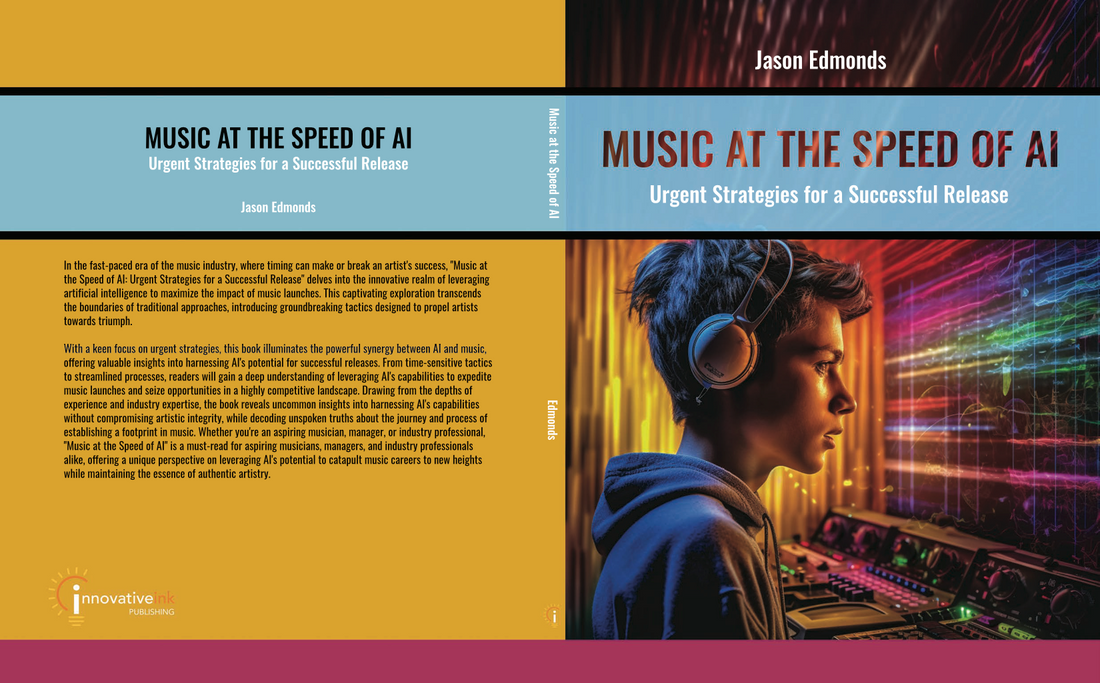
The Impact of Artificial Intelligence in the Music Industry: A New Era of Creativity and Efficiency
The Rise of Artificial Intelligence in Music
The music industry is undergoing a profound transformation, driven by the rapid advancements in artificial intelligence (AI). AI is no longer a futuristic concept; it's permeating every aspect of music creation, distribution, and consumption, changing the way artists, producers, and listeners experience music. From generating melodies and composing entire songs to personalizing playlists and analyzing music trends, AI is revolutionizing the music landscape.
How AI is Shaping the Music Industry
The impact of AI on the music industry is multifaceted, affecting various key areas:
1. Music Creation and Composition
- AI-powered music software allows musicians to experiment with new sounds, harmonies, and rhythms, pushing creative boundaries and generating fresh ideas.
- AI algorithms can analyze existing music styles and generate original compositions in various genres, offering artists a new tool for exploring musical possibilities.
- AI can even help with the intricate task of orchestration, suggesting instruments, arrangements, and even generating harmonies based on the artist's input.
2. Music Production and Mixing
- AI tools can streamline the production process, automating tasks like mixing, mastering, and even vocal tuning, saving artists and producers time and effort.
- AI-powered software can analyze audio and identify potential issues, suggesting improvements for better sound quality.
- AI-driven music production platforms offer artists a comprehensive suite of tools, making it easier than ever to create professional-quality music.
3. Music Distribution and Marketing
- AI-powered algorithms analyze listening data to identify music trends and recommend songs to listeners, helping artists reach a wider audience.
- AI can personalize playlists and create targeted marketing campaigns, effectively reaching potential fans based on their musical preferences.
- AI-driven analytics platforms provide insights into listener behavior, enabling music marketers to optimize their strategies and maximize reach.
4. Music Discovery and Consumption
- AI-powered streaming services personalize recommendations, connecting listeners with new artists and genres they may enjoy.
- AI can create personalized radio stations based on user preferences, tailoring the listening experience to individual tastes.
- AI algorithms analyze music trends and predict future hits, helping listeners discover the next big song.
The Benefits of AI in Music
The integration of AI into the music industry brings numerous benefits:
- Increased Creativity: AI tools empower artists to explore new sonic territories and push the boundaries of musical expression.
- Enhanced Efficiency: AI automates repetitive tasks, freeing up artists and producers to focus on creative endeavors.
- Improved Sound Quality: AI algorithms enhance sound quality, resulting in more polished and professional recordings.
- Personalized Music Experiences: AI tailors music recommendations and playlists, providing a more engaging and enjoyable listening experience.
- Wider Reach for Artists: AI algorithms connect artists with wider audiences, expanding their reach and potential fan base.
The Future of AI in Music
The future of AI in music is brimming with possibilities. As AI technology continues to advance, we can expect:
- More Realistic and Expressive AI-Generated Music: AI will become increasingly adept at creating music that mimics human creativity and emotion.
- Greater Collaboration Between Artists and AI: AI will become an integral part of the creative process, working alongside artists to generate new ideas and refine compositions.
- AI-Powered Music Education and Training: AI will personalize music education, providing tailored learning experiences for aspiring musicians.
What do you think?
